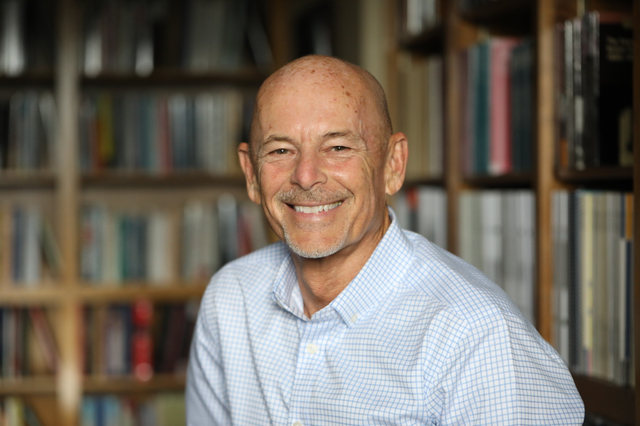Back
Religion & Spirituality
Religious Centrality
Religious Centrality is associated with better psychological and social outcomes, but varies widely between societies. It is lowest in Europe and East Asia, moderate in the Americas, and higher elsewhere. Difficulty assessing religious centrality across religious traditions has marred past research about both secularization and human flourishing.
Researchers

Robert Woodberry
Baylor University, Sociology

Kathryn A. Johnson A. Johnson
Arizona State University, Psychology

Brendan Case
Harvard University, Theology

Matt Bradshaw
Baylor University, Sociology
Israel

Byron R. Johnson
Baylor University, Institute for Studies of Religion/Sociology

Tyler VanderWeele
Harvard University, Epidemiology / Biostatistics

Cristina Gibson
Pepperdine University, Psychology/Organizational Studies
The Question:
Whose religious beliefs and practices lie behind their whole approach to life?